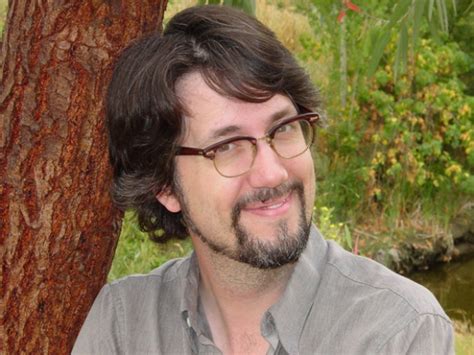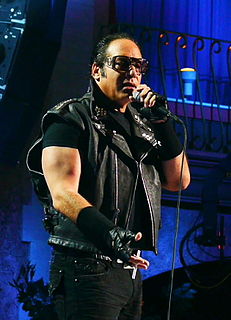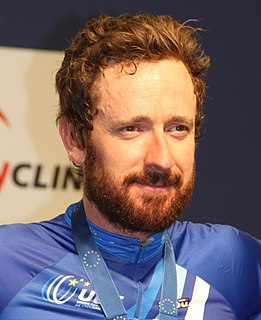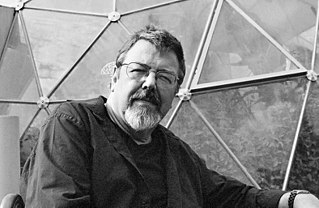A Quote by Steve Hockensmith
Walking out in the middle of a funeral would be, of course, bad form. So attempting to walk out on one's own was beyond the pale.
Related Quotes
I would like to live to see the time when the men and woman of God - holy, separated and spiritually enlightened - walk out of the evangelical
church and form a group of their own; when they get off the sinking ship and let her go down in the brackish and worldliness and form a new ark to ride out the storm.
My music represents walking on train tracks in the middle of the woods, somewhere in the middle of nowhere. You walk down the tracks and you're walking every two tracks, and you've got your headphones on, and on both sides you've got forest, and in your rear is this long line of train tracks that's weaving through the woods. It's a very cool place, to walk along the train tracks because of the rhythm of walking every few feet through the woods. It's a good place to go dream.
I built a cannon out of ice, and wrapped myself in the funeral carpet which my husbands and wives had woven for me out of their own hair, and one of my wives was my gunner. I came back here, after many adventures, and once, when I'd been drinking, donated the funeral carpet to the national museum. When I was sober again, I asked for it back, but they claimed not to know what I was talking about.
Filmmaking is like any kind of art form. You have to try to figure it out, and you're going to do that by trying. It's like teaching a child to walk. It may start by walking, but eventually it will fall. And I have kids, but I know that that will enable them to stand up again and understand why they fell, and how they can avoid that. They will walk better and faster, and stronger. Filmmaking is the same.
I grew up in a remarkable home, the middle of seven children. My parents raised us well. They loved us well. We laughed hard growing up. But being the middle child, I couldn't figure out where I fit in the home, whether I was the youngest of the older three or the oldest of the younger three. When you don't know where you fit inside the home and you're young and you're desperate to fit in somewhere, I'd figured where I would fit outside the home. So I made some bad decisions about who I hung out with, I dropped out of high school, got kicked out of the house.
Modern literary theory sees a similarity between walking and writing that I find persuasive: words inscribe a text in the same way that a walk inscribes space. In The practicse of Everyday Life, Michel de Certeau writes, 'The act of walking is a process of appropriation of the topographical system on the part of the pedestrian; it is a special acting-out of the place...and it implies relations among differentiated positions.' I think this is a fancy way of saying that writing is one way of making the world our own, and that walking is another.



































